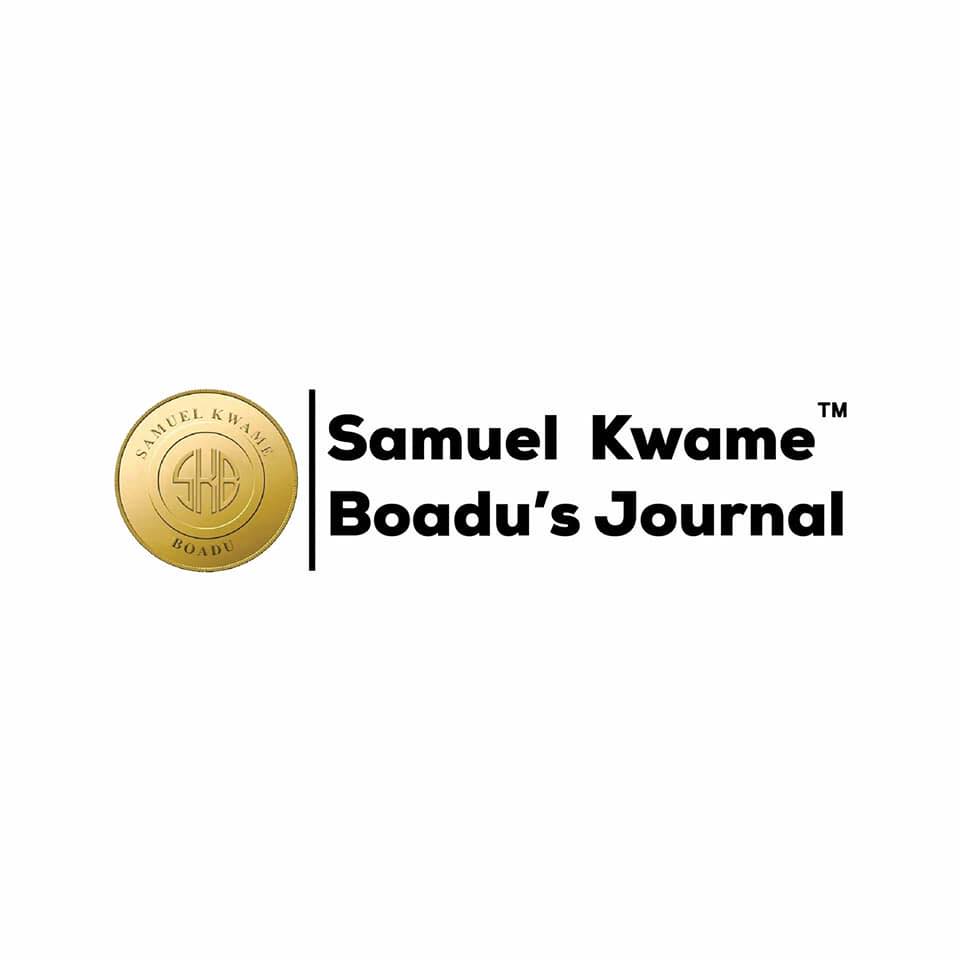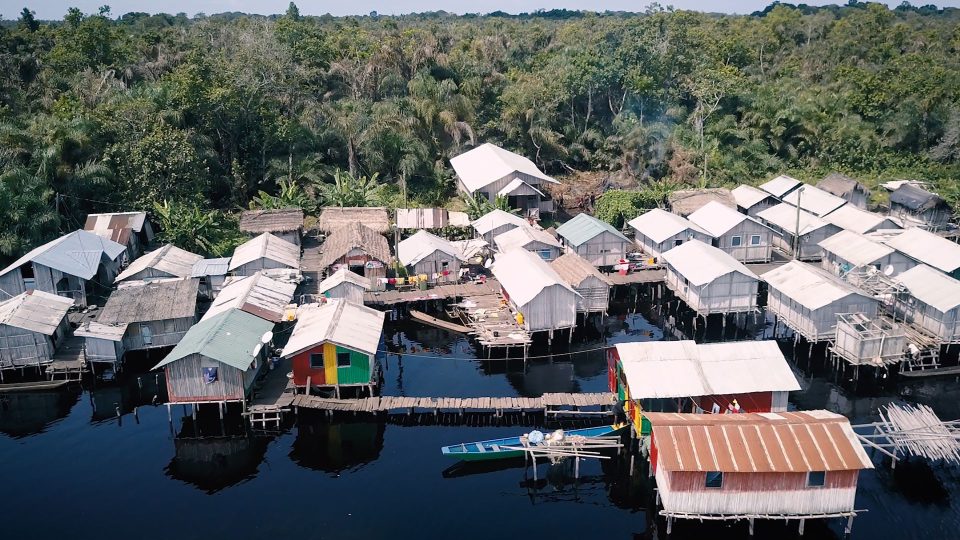The Western Region in Ghana is located in the south-western part of the country and shares boundaries with the Central, Ashanti, and Western North Region. To the West it shares a border with the republic of Cote D’Ivoire. The region has 192 Km of tropical beaches on the Atlantic Ocean and a tropical climate characterized by moderate temperatures all year round.
What are the people like in the Western Region?
The native people of the Western Region are mostly Akans, speaking various dialects including: Ahanta, Nzema, Sefwi, Wassa, Brosa, and Pepesa. Pricipal religions are Christianity, African Aminism, and Islam.
For history the region has the largest collection of European trading forts (later used in the slave trade); the highest tropical jungles; numerous mines, picturesque villages and old architectural styles and festivals for visitors to experience.
Where the Western Region is located in Ghana
Some things to see and do in the Western Region?
The region’s water villages on stilts are amazing to experience. A visitor can charter a local canoe out to the village and actually stay over night in a guest house on the water.
Fort San Sebastian located in Shama is the third oldest fortification in Ghana. It was built by the Portuguese from 1520 to 1526 as a trading post in and captured by the Dutch West India Company in 1642. The original purpose of the fort was to serve as a deterrent to English sailors interfering in Shama trade.
Bia National Park is a national park in the Bia district in the Western Region of Ghana. It is also a biosphere reserve with a 563 square kilometer resource reserve. It has some of Ghana’s last remnants of relatively untouched forest complete with its full diversity of wildlife.
.
READ ALSO:
.
Explore the Ghana regions with Africa World Airlines
.
SKB Journal appreciate you a lot for reading! If you enjoyed this piece by Samuel Kwame Boadu, kindly hit the share button and help others to also see it. You can also like our Facebook page, so you know when we make new posts or Click to JOIN our Telegram Channel where we post JOBS + TIPS




